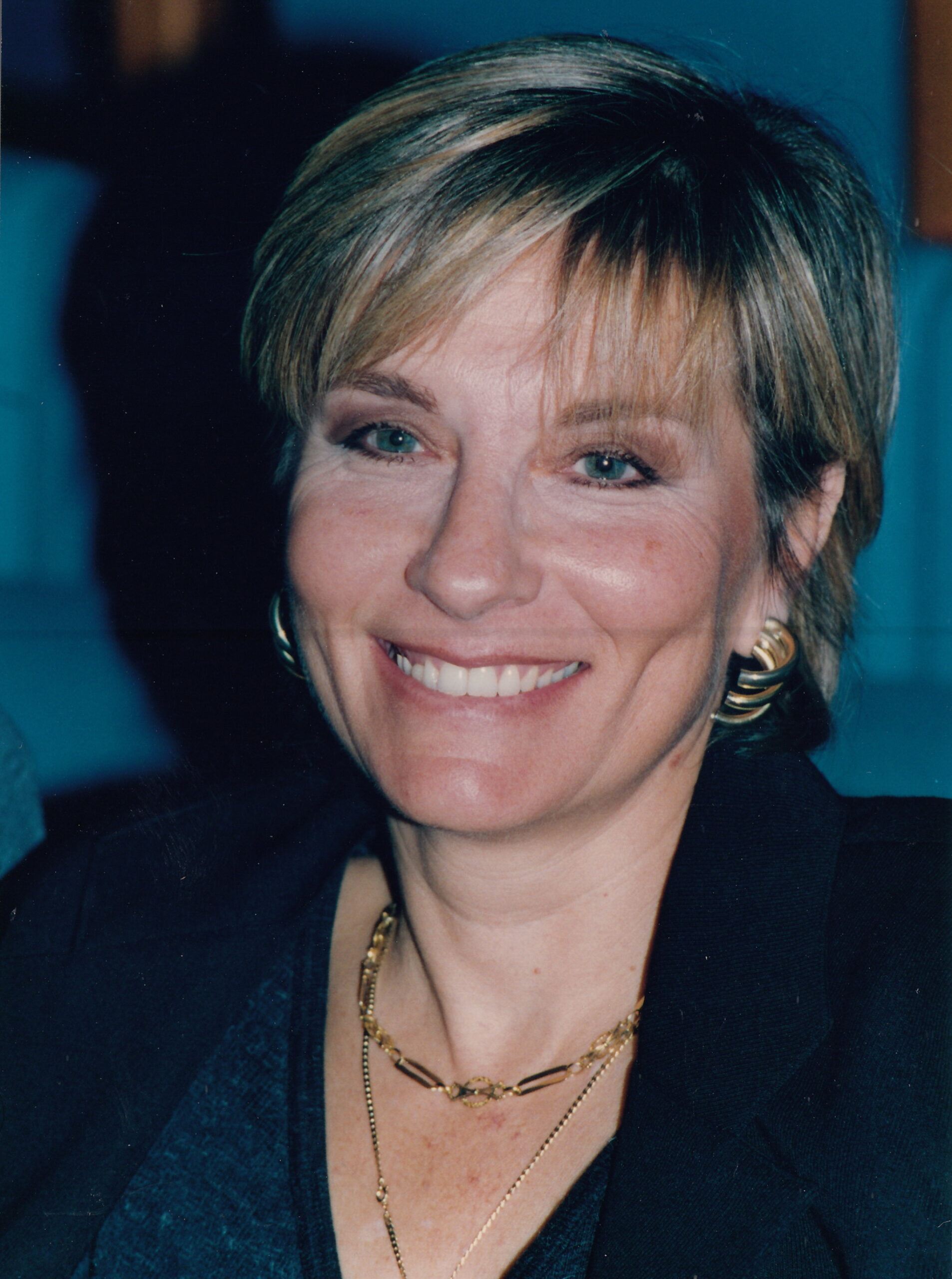Israel Fourth in First Eurovision Bid

April 7, 1973
Israel’s first-ever entry in the annual Eurovision Song Contest, Ilanit with the song “Ey-sham,” finishes fourth out of 17 nations, while host country Luxembourg wins for the second consecutive year. The music contest dates to 1956.
Ilanit’s song is a dramatic ballad in which she realizes that she must take her lover to “the garden of love” to escape the pressure of others. Her fourth-place finish is the best debut for a country for the next 20 years and Israel’s best result until its back-to-back wins in 1978 (Izhar Cohen & the Alphabeta’s “A-Ba-Ni-Bi”) and 1979 (Gali Atari & Milk and Honey’s “Hallelujah”).
At first, the Israel Broadcasting Authority decides who will represent Israel, but after Ilanit is selected for a second time in 1977, the backlash leads to a rule that the winner of the Hebrew Song and Chorus Festival goes on to Eurovision.
In addition to 1978 and 1979, Israel wins the competition in 1998 (Dana International with “Diva”) and in 2018 (Netta with “Toy”). The nation that wins Eurovision serves as the host the next year, but Israel has hosted the contest only three times: For logistical and financial reasons, it passes on hosting in 1980. That also is the only year since 1973 that Israel has not participated; the 1980 contest conflicts with Yom HaZikaron, Israel’s Memorial Day.
Israel is among several states outside Europe that are allowed to compete in Eurovision because their national broadcasters are members of the European Broadcasting Union. Australia, Azerbaijan and Morocco, for example, have participated.